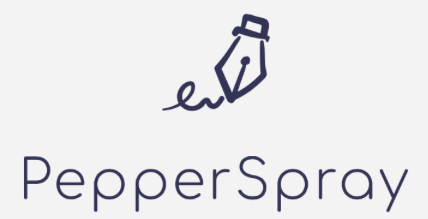The Power of Checklists: Why No One is Immune
In our complex world, even the most skilled professionals can make mistakes. From surgeons to airline pilots to restaurant employees, no one is immune to the occasional lapse in memory or attention. This is where the humble checklist comes into play, serving as a powerful tool for maintaining accuracy, consistency, and safety across various industries.
Many years ago I read “The Checklist Manifesto” which highlights how checklists can significantly improve performance in high-stakes environments. While many might not immediately equate a restaurant kitchen with an operating room or a cockpit, the principles remain the same, and far more people die from food borne illnesses each year than from airplane crashes. Restaurant employees juggle multiple fast-paced tasks, coordinate constantly with team members, and must maintain consistent quality – all while ensuring food safety and customer satisfaction.
Imagine a busy Friday night in a popular eatery – or better yet a jamming lunch rush at Boloco. The kitchen is bustling, orders are flying in from in-person guests. mobile orders, and Door Dash/UberEats/GrubHub – the pressure is mounting. If prep and opening procedures were followed correctly, chances of a “crash” are far less of a simple checklist was used to ensure that critical steps aren’t overlooked – from proper food handling procedures to allergen checks. To be clear – a checklist shouldn’t be insulting. This is not about questioning the staff’s competence; rather, it’s about providing a safety net that catches potential oversights before they become big problems.
The benefits of checklists extend beyond error prevention. By systematizing routine tasks, checklists free up mental bandwidth for the uniquely human aspects of service. When team members aren’t constantly worried about forgetting a step, or interrupted because they did forget a step, they can focus on what truly sets great service apart: empathy, attentiveness, and personal connection. Like great athletes, great restaurant teams, too, can go into the zone, find their flow. There’s nothing quite like it when you see it happen.
Consider a server who, confident that all procedural bases are covered thanks to a checklist, can now give their full attention to reading a guest’s mood, anticipating needs, or adding that personal touch that turns a meal into a memorable experience. Or a chef, assured by their prep checklist, who can now focus on creative plating or experimenting with flavors. Or going out with confidence to greet guests and see how they are enjoying their food and experience.
In essence, checklists don’t constrain us – they liberate us. By taking care of the critical but often repetitive tasks, they allow our uniquely human qualities to shine through. In a restaurant, this translates to warmer smiles, more attentive service, and the kind of genuine interactions that keep guests coming back for more. When all of this translates into higher sales and profits, the best employers will reward their teams handsomely. Oh, and that’s before tips on top of those healthy wages.
So the next time you see a checklist, or your boss asks you to follow one, remember: it’s not just a list of tasks you think you already know. It’s a simple but powerful tool that propels us towards our best selves, empowers us to be more consistently excellent, more attentive, and ultimately, more human in our work.
Long live the checklist ☑️



I completely agree with the emphasis on the power of checklists, especially in high-pressure environments like restaurants. As the article points out, it’s not about questioning competence, but about creating a safety net that allows professionals to perform at their best. It’s fascinating how something as simple as a checklist can free up mental space, letting employees focus on what really matters – human connection and quality service. Whether in a kitchen or a cockpit, this systematic approach can transform the routine into something exceptional, and it’s clear that its benefits go far beyond just preventing mistakes.